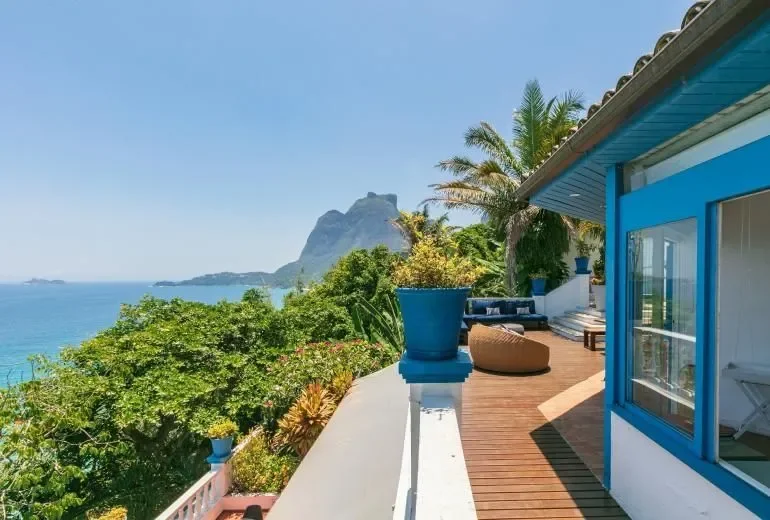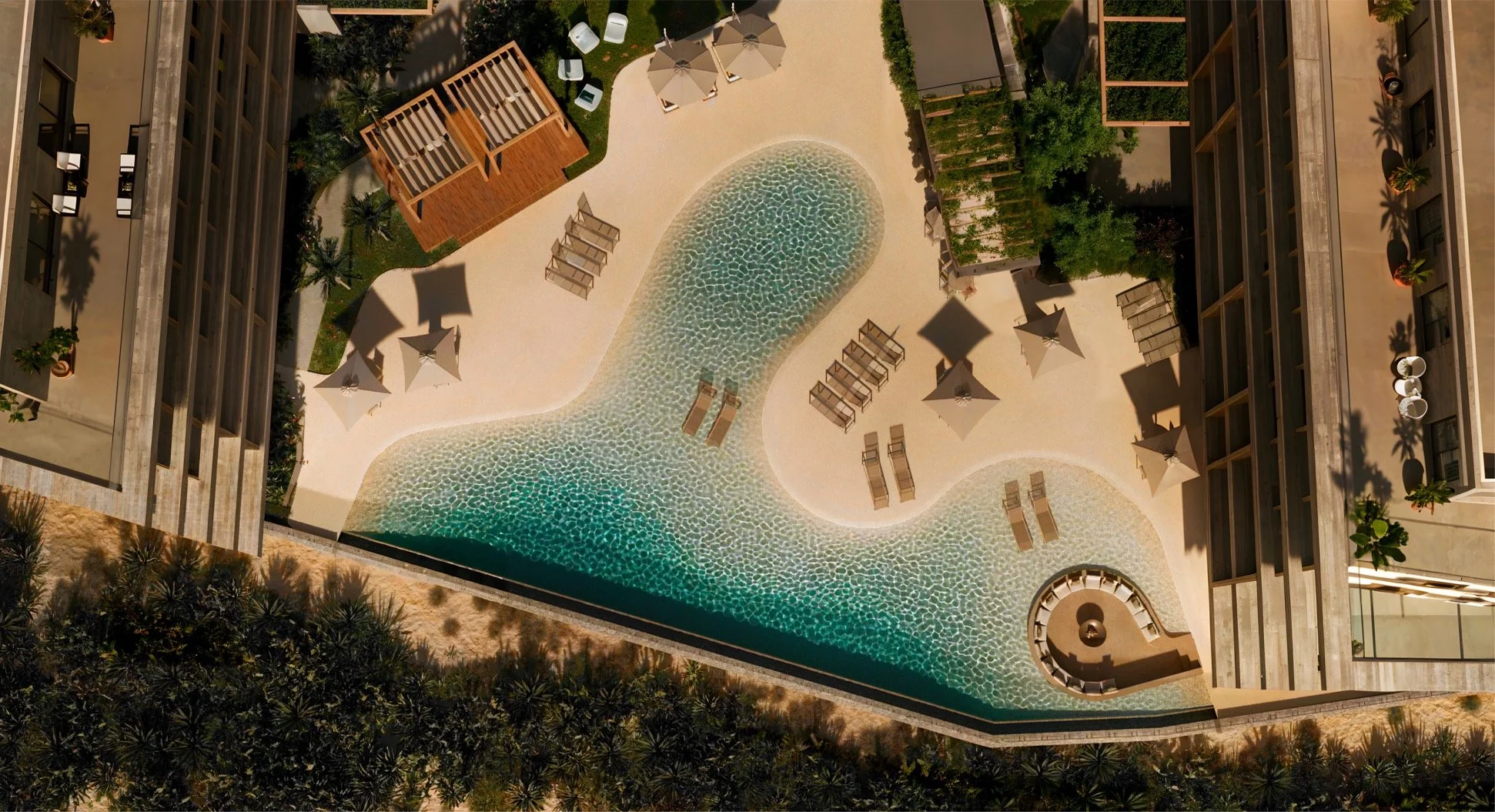If you’ve ever dreamed of owning a beachfront apartment in Ipanema, a villa in Trancoso, or a tranquil retreat in Bahia, you’re not alone. Brazil is becoming one of the most attractive destinations for foreign buyers — not only because of its tropical lifestyle, but also because real estate here offers strong value compared to North America and Europe.
But before you start house-hunting, it’s essential to understand that buying property in Brazil is not the same as buying in the U.S.
The process is safe and well-regulated, but it follows a different rhythm — more bureaucratic, more document-driven, and more reliant on the buyer’s due diligence.
This guide breaks down the key differences between Brazil and the U.S., so you know exactly what to expect.
1. Notaries vs. Title Companies: How Ownership Is Formalized
In the U.S.
Real estate transfers are typically handled by title companies and escrow agents.
They:
Secure and distribute funds
Run title searches
Confirm there are no liens
Coordinate closing and record the deed
Everything is streamlined through a single entity.
In Brazil
Brazil does not use title companies or escrow.
Instead:
All transactions are formalized through a public notary (Cartório de Notas)
The notary drafts and certifies the public deed (escritura)
Only after the deed is registered at the Real Estate Registry Office are you officially the owner
This final registration step is crucial — ownership is only valid once registered, not at signing.
2. Buying property in brazil: Due Diligence
In the U.S.
Title companies and attorneys typically perform:
Title searches
Lien checks
Survey reviews
Document verification
It’s automated and standardized.
In Brazil
The buyer (or their attorney) must lead the due diligence.
This includes confirming:
Legal ownership
No outstanding debts, lawsuits, or taxes
Zoning and condo compliance
Up-to-date property records
Skipping due diligence can lead to expensive surprises — in Brazil, debts linked to the property may transfer to the new owner.
3. Financing & Payments: Cash vs. Mortgage in brazil
In the U.S.
Mortgages are widely available to both residents and foreigners.
Financing is a normal part of the buying process.
In Brazil
Foreigners rarely qualify for local mortgages.
Most purchases are:
Cash
International bank transfer
Occasionally seller financing (owner-direct)
All foreign funds must be registered with Brazil’s Central Bank (Banco Central) under the ROF system — essential for future repatriation or selling the asset abroad.
4. Who Can Buy — Ownership Rules for properties in brazil
In the U.S.
Foreigners can buy freely with few restrictions.
In Brazil
Foreigners can also own property outright, with two exceptions:
Rural land
Properties near military areas or borders
Everything else (apartments, beach homes, commercial properties) is fully open to foreign buyers, with a Brazilian CPF tax number.
Some investors choose to create a Brazilian company for tax efficiency or for buying multiple properties.
5. Taxes & Transaction Costs for buying property in brazil
U.S. typical costs
Closing costs: 2–5%
Property tax: annual, varies by state
Brazil typical costs
ITBI transfer tax: 2–3%
Notary + registry fees: ~1–2%
Annual IPTU (municipal property tax): based on city valuation
Capital gains tax: applies upon sale
Exchange & transfer fees: when sending money to Brazil
Total transaction costs usually fall between 3–6%.
6. Market Transparency & Culture when buying property in brazil
In the U.S.
The market is highly transparent thanks to:
MLS databases
Comparable pricing
Public tax records
Standardized processes
In Brazil
The market is more relationship-driven and less centralized:
No national MLS
Multiple agents may list the same property at different prices
Negotiation is expected
Local knowledge matters
Working with a trustworthy agent saves time and avoids confusion.
7. The Buying Timeline
U.S. closings:
Often 30–45 days.
Brazil closings:
Typically 30–90 days, depending on:
Due diligence speed
Seller documentation
Notary scheduling
International transfers
8. Is Brazil a Safe Place for Foreigners to Buy Property?
Yes! Property rights in Brazil are strong and well-protected.
The key is to follow the correct steps:
Hire a local attorney
Verify all documents
Ensure the deed is registered
Once registered, property ownership is secure and permanent.
Final Thoughts: Should Foreigners Buy in Brazil?
If you’re prepared for a process that’s more hands-on than in the U.S., buying property in Brazil is absolutely worth it.
Foreigners are choosing Brazil for:
Lower real estate prices compared to the U.S.
High appreciation in coastal and resort towns
Strong rental potential in hotspots (Rio, Pipa, Trancoso, Floripa, Ceará)
Lifestyle: safety, nature, beaches, culture
Golden Visa opportunities through property investment
With proper guidance, you can safely own your piece of paradise — from a luxury condo in Rio to a beachfront villa in Bahia.
Want help buying property in Brazil?
Instead of browsing endlessly, let us shortlist properties for you. Click here to fill out our short form and we’ll guide you every step of the way.
And follow us on Instagram @BrazilBeachHouse to see listings the moment they hit the market.
Related Guides for Foreign Buyers
Looking to dive deeper into the process? Here are key resources:





